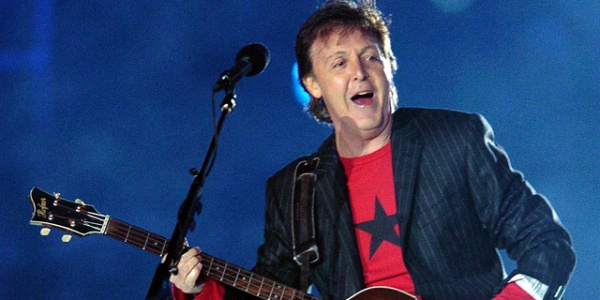Rap music has increasingly glamorized the use of illegal drugs, portraying marijuana, crack and cocaine as symbols of wealth and status, according to a new study by the journal Addiction Research & Theory.
The report found that rap artists had moved away from the lyrics of the early days of the genre when they often warned against the dangers of substance abuse.
"This study showed that in fact much early rap music either did not talk about drugs at all, or when it did had anti-drug messages," said Denise Herd, of the University of California at Berkeley, who headed the research team.
"So intrinsically rap music is not necessarily associated with these themes," she added.
After sampling 341 lyrics from rap music's most popular hits between 1979 and 1997, the researchers found references to drugs had increased six-fold over that period.
Of the 38 most popular songs between 1979 and 1984, only four contained drug references. But by the late 1980s the incidence had increased to 19 percent, and after 1993 nearly 70 percent of rap songs mentioned drug use.
Lyrics describing drug use have not only became more frequent but the context changed from concern about the devastation of drugs to a more positive portrayal.
Slideshow 21 photos
For example, Grandmaster Flash's "White Lines," recorded in 1983, warns cocaine does nothing except "killin' your brain," but more recent tunes by popular rappers such as 50 Cent's "As the World Turns" refers to cocaine and heroin as positive things.
"This is an alarming trend, as rap artists are role models for the nation's youth, especially in urban areas," Herd said.
She added that much of what is discussed in rap is in code.
"The kids understand but parents don't," Herd explained in an interview.
The word "flinging," for example, means selling drugs. Some slang words for marijuana include "broccoli," "trees" and "chronic." "Fat sacks" and "strapped horns" refer to cocaine smoking pipes, according to the study.
Studies have shown rap music is one of the fastest-growing genres in American pop culture today and plays a prominent role in youth culture.
"I think society has some responsibility to give kids some alternatives to the glamorized view of drugs they see in this music," Herd said. "There are solutions that go beyond the family and home, and a lot rests with us as an American society in general."
